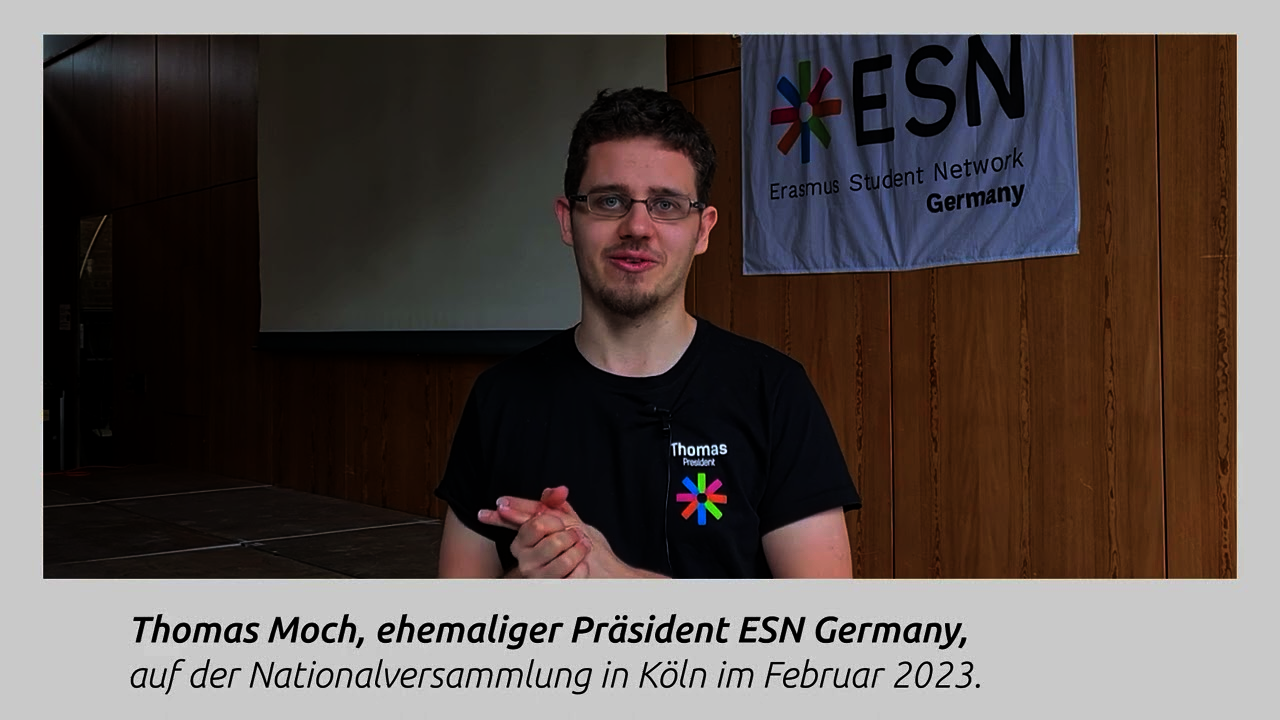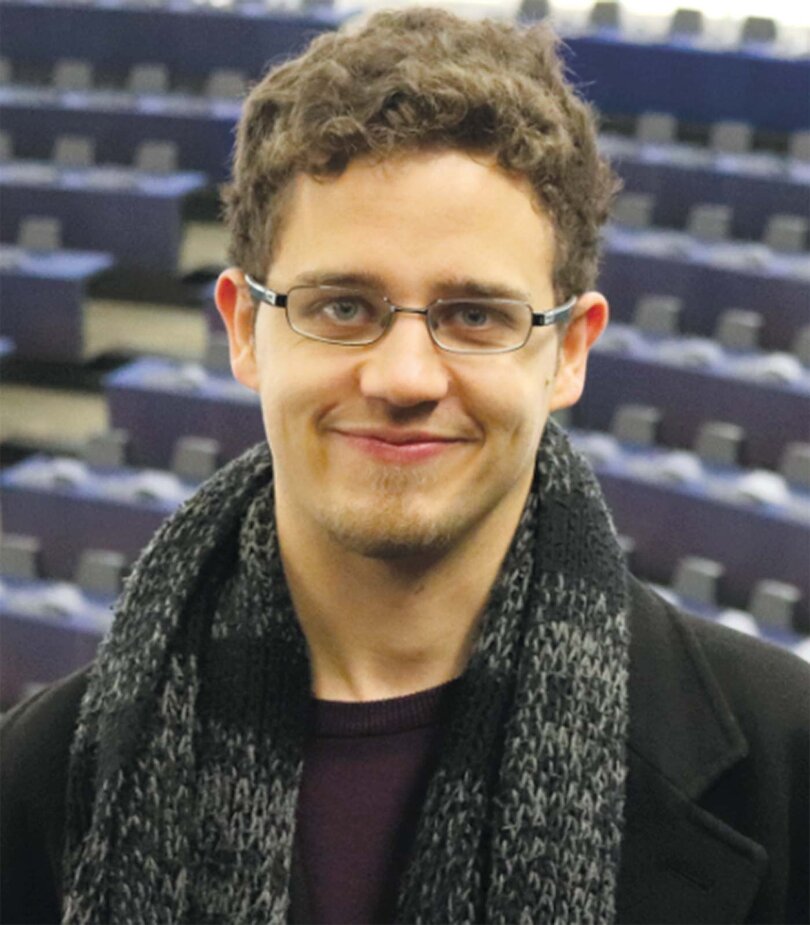The branches of the student initiatives represented in the VDSI already collaborate with universities in all kinds of ways, or they provide fellow students with the services universities themselves are unable to provide. These cover a wide range of topics, for example they organise career fairs, support international students and prepare students for their careers through seminars and workshops or networking opportunities with future employers.
The dedicated students also play an active role in shaping social life on campus through their activities. This creates a special interdisciplinary bond for the volunteers, because students from different disciplines come together in the initiatives, and studying becomes a special experience. At the same time, the volunteers also contribute towards the universities’ positive reputation. This is why our initiatives would like to have easier access to university resources and infrastructure so that they can offer even more (sophisticated) events, that are also open to a wider section of the student body.
When volunteering, the students themselves develop a wide variety of skills that give them an advantage over competitors in job interviews. These can be teamwork and project management skills, the ability to handle criticism and conflict management skills but also intercultural competences. Student engagement therefore complements the universities’ academic programmes and makes volunteers desirable employees.
Furthermore, committed students discover the value of democratic participation. Each branch of each initiative is democratically organised, many even as independent associations. This means that elections are held regularly and certain obligations must be fulfilled if associations or initiatives are to be successfully managed and developed. This happens not only at board level, but also in every decision-making process. All ideas and decisions are reached and recognised in an inclusive and transparent manner.

![[Translate to English:] Logo ESN](/fileadmin/_processed_/d/0/csm_ESN-logos-CMYK-1_76ab9c8201.png)

![[Translate to English:] Logo VDSI](/fileadmin/_processed_/9/1/csm_VDSI_Logo_62d379537a.png)


